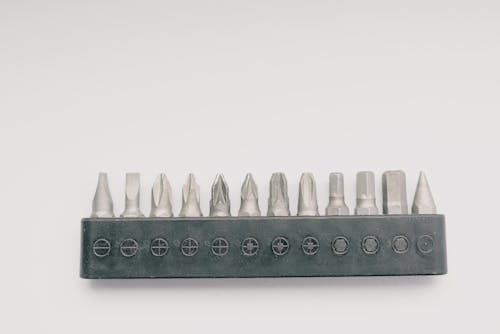Tanaka Sekidencho, Sakyo Ward, Kyoto, 606-8203's traditional building arts face challenges in the modern construction landscape. Our founders, a conservation architect and an experienced carpenter, observed how property owners often encountered difficulties locating qualified artisans for traditional restoration projects.
We developed this platform to facilitate connections between those interested in traditionalese architecture and craftsmen with specialized knowledge. Each project we support contributes to the preservation of building traditions including miya zukuri, sukiya-zukuri, and Edo-period construction techniques.
Our approach encompasses project facilitation, educational workshops, material sourcing coordination, and documentation of traditional techniques through our CAD library. This comprehensive system aims to support knowledge preservation and transfer to future generations of craftsmen and architects.

